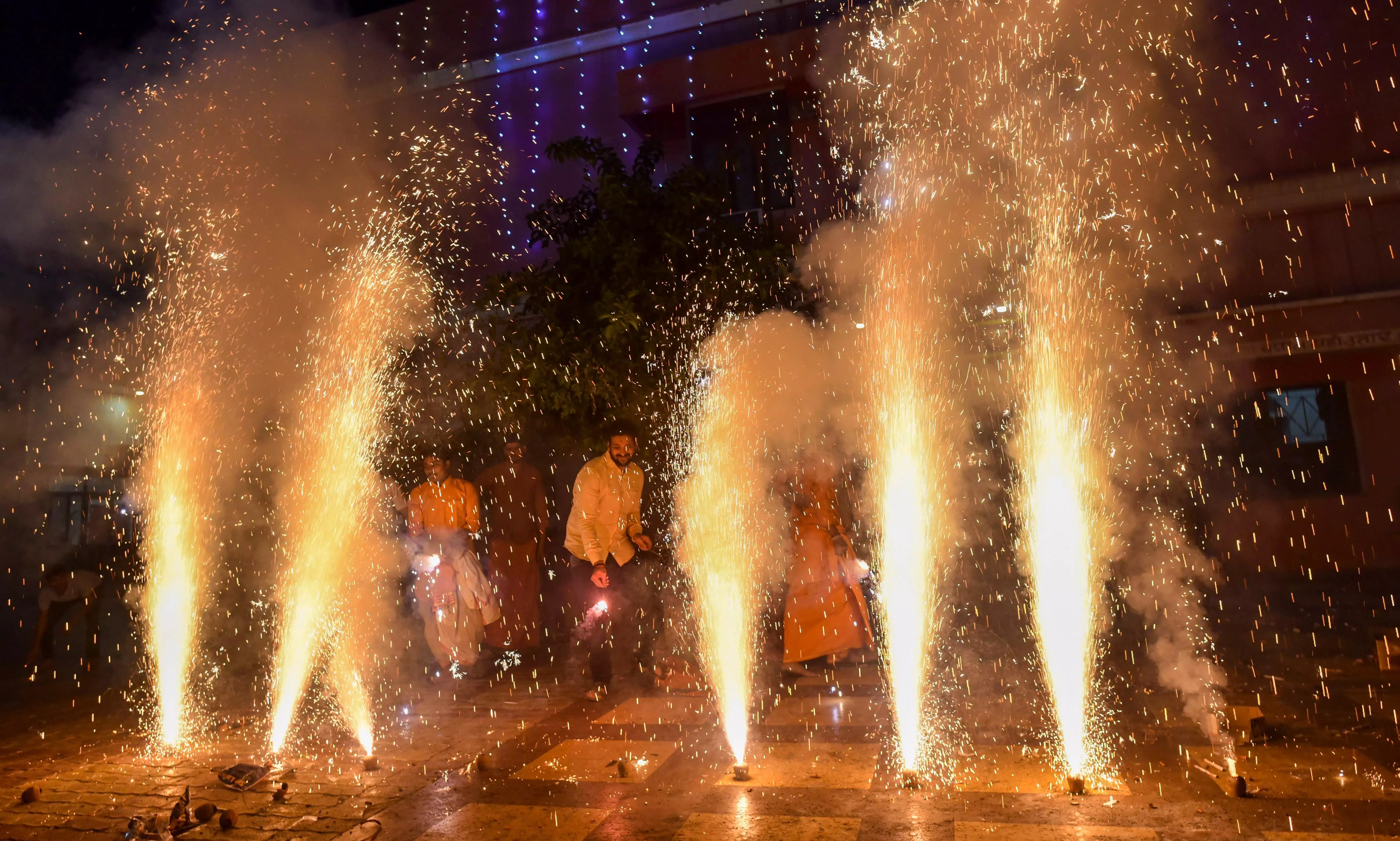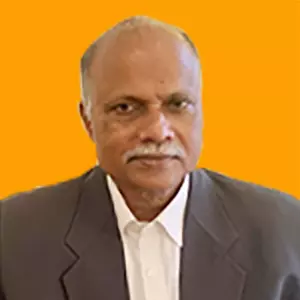
- Home
- India
- World
- Premium
- THE FEDERAL SPECIAL
- Analysis
- States
- Perspective
- Videos
- Sports
- Education
- Entertainment
- Elections
- Features
- Health
- Business
- Series
- In memoriam: Sheikh Mujibur Rahman
- Bishnoi's Men
- NEET TANGLE
- Economy Series
- Earth Day
- Kashmir’s Frozen Turbulence
- India@75
- The legend of Ramjanmabhoomi
- Liberalisation@30
- How to tame a dragon
- Celebrating biodiversity
- Farm Matters
- 50 days of solitude
- Bringing Migrants Home
- Budget 2020
- Jharkhand Votes
- The Federal Investigates
- The Federal Impact
- Vanishing Sand
- Gandhi @ 150
- Andhra Today
- Field report
- Operation Gulmarg
- Pandemic @1 Mn in India
- The Federal Year-End
- The Zero Year
- Science
- Brand studio
- Newsletter
- Elections 2024
- Events
- Home
- IndiaIndia
- World
- Analysis
- StatesStates
- PerspectivePerspective
- VideosVideos
- Sports
- Education
- Entertainment
- ElectionsElections
- Features
- Health
- BusinessBusiness
- Premium
- Loading...
Premium - Events

It's not so much being rooted in the past as the desperation to reaffirm tradition — even as contemporary life erodes its foundations — that makes Diwali crackers vital for many
A pall of smoke hangs over swathes of India, particularly its northern parts, the day after the festival of lights, Deepavali, shortened to colloquial Diwali. This adds to the tonnes of suffocating pollutants that already suffuse the air and make, say, Delhiites cheer when the Air Quality Index is turns ‘very unhealthy’, a significant improvement over ‘hazardous’.
Schools have been campaigning for years against the use of fireworks to celebrate festivals. Governments have been announcing administrative measures to curb the use of fireworks. Yet people are bent on having a cracker of a Diwali, doggedly keeping their festivities fiery and explosively loud.
Why do people behave like this, despite the knowledge that fireworks on the scale in which they are set off during Diwali will pollute the air, harm people’s lungs and eardrums, and aggravate, even if ever so slightly, the global problem of climate change?
Tradition vs change
Are people so deeply tethered to the past that evidence and rationality make no dent in their hardboiled consciousness or conscience?
That, of course, is to misunderstand the problem completely. It is not the pull of the past that drives people to declare, firecrackers or bust.
Ongoing social change makes the urge to burst crackers for Diwali ever more compelling. Different strands of social change contribute to this incendiary attraction in their own ways.
Also Read: Kolkata cops arrest 292 people, seize over 500 kg of banned firecrackers
Take the simplest yardstick of change, population. India’s population in the early 1960s was around 44 crore. Today, it is close to 145 crore, 3.3 times as much.
Income metrics
If per capita fireworks use remained the same, the aggregate would have more than trebled. But per capital fireworks use is a function of income. The higher the income, the higher the volume of fireworks going up in black smoke.
Compared to the early 1960s, per capita net national income today, in constant 2011-12 prices, is 6.5 times as large. With just population and per capita income at play, the aggregate fireworks use today would be nearly 10 times the level in the 1960s.
There are more complex factors at work as well, discounting factors such as improbable pedagogical innovations to foist the godless Big Bang theory of the origin of the universe on unsuspecting young minds, and technological change in the fireworks industry, reducing the cost of production, increasing the quantity of condensed pollution commanded per rupee.
Social status
One is a status-driven step-up in fireworks deployment. When people move up the social ladder, they need to announce their change of status.
This is done by moves such as moving to a better house, wearing better clothes, eating out more often, and, yes, bursting more crackers, come Diwali.
Also Read: Firecracker bursting shrouds Delhi in smog, creates hazardous respiratory conditions
A related, status-oriented reason increasing fireworks use is the need for the Joneses to move things up a notch when every Tom, Dick and Harry seems to be succeeding in catching up with the Joneses.
If Ram Ghulam’s family now indulges in Diwali fireworks on the scale in which Ramesh Upadhyay and Ram Aggarwal used to, to the envy of the local community, what are Upadhyay and Aggarwal to do, but to enhance their own fireworks outlay? After all, one must maintain the differential between oneself and one’s social inferiors.
Rising urbanisation
Yet another factor is urbanisation. People are moving from villages to town in droves.
The new life in the city can be unsettling, even if it is rewarding in terms of income and freedom from the routine, caste-based discrimination that characterises village life in large parts of India.
One way to assuage the anxieties of being uprooted from the existence that had conditioned one’s life back home is to celebrate traditional festivals with increased ardour. For Diwali, that means, of course, yet more fireworks.
Traditional hierarchies are loosened and reconfigured in urban settings, and that can be unsettling, in multiple ways.
Reassurance of past
Back in the village, your superior caste status was known, and that sufficed to give you your sense of self-worth. In an urban setting and its culture of consumerism, markers of elite status have to be sought in achieving superior levels and kinds of consumption. At the time of Diwali, this cannot but manifest in your display of fireworks as well.
Also Watch: Haunted by curse? This Himachal village doesn't celebrate Diwali
Your daughter is exchanging glances with that well-built neighbour of indeterminate caste identity. Your son wants you to fund his online education in some discipline you have never heard of. You recognise these things are not totally unexpected.
Yet, these things create anxiety about where you stand in the unfamiliar new habitat, and if you are doing the right thing by your next generation. The bang of Diwali crackers provides some reassurance of the familiar past.
In the name of solidarity
Diwali can be celebrated with added fervour also for positive reasons: to establish community in the new surrounding. Your neighbours will burst a lot of crackers, you know, and to be included in that affirming ritual of solidarity, you must, too.
Does this mean that the voice of reason and rationality is too feeble to be heard above all that din? It cannot but struggle to be heard in a culture that wants to venerate the past as glorious, even rewriting history if it conflicts with your chosen narrative of a marvellous antiquity.
The scientific temper the Constitution urges the citizenry to develop and possess does not come from memorising scientific formulae and asserting that the Vedas contained the entirety of human knowledge.
When someone tells you that the elephant-headed god is proof that ancient Indians could carry out head transplants, and questioning that gets you labelled anti-national, you are liable to develop a temper, but hardly one that is scientific.
Also Read: Delhi govt bans crackers to fight pollution; BJP wants scientific evidence for ban
Cultural sentiments and political stance
Add the imagined grievance of Hindus being under assault in their homeland for a millennium and more, and the thesis that all this talk of curbing fireworks at Diwali is an attack on Hindu culture, as a minister recently asserted for public edification.
Light a candle for your country, ignite a firecracker from that flame, and quietly reach for your inhaler.
If that does not appeal to you, be prepared to soldier on as an anti-national – albeit a constitutional one.
(The Federal seeks to present views and opinions from all sides of the spectrum. The information, ideas or opinions in the article are of the author and do not necessarily reflect the views of The Federal.)


